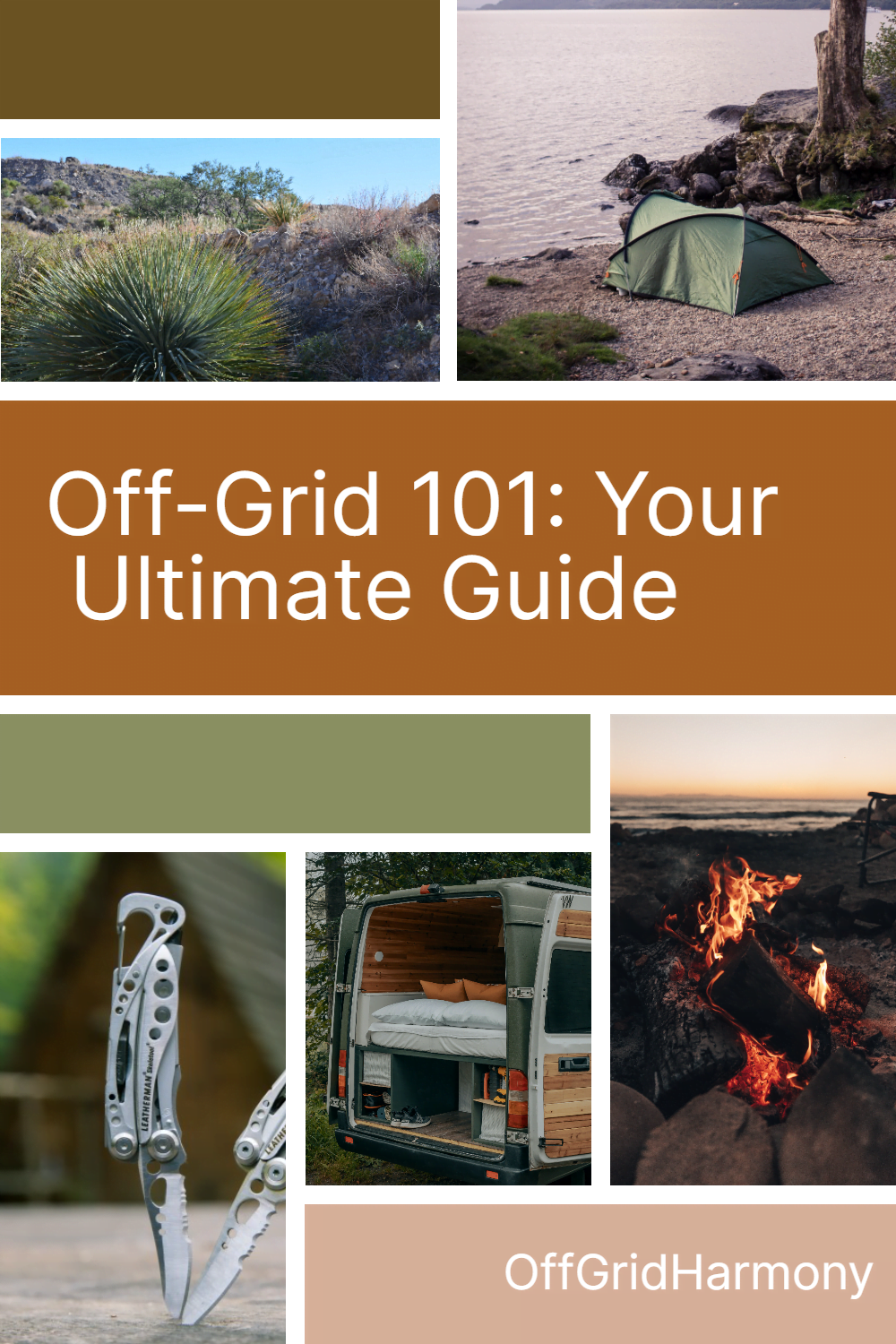Embracing Autonomy: 8 Crucial Aspects of Off Grid Living You Need to Know
Introduction:
Embracing an off-grid lifestyle involves living independently without relying on public utilities, most notably electricity, water supply, and often, the food supply chain. This article dives into what living off the grid encompasses and what drives individuals to take up this unique way of life. We also unravel some of the key aspects you need to consider before embarking on this journey. This is your comprehensive guide to:
- Understanding off-grid living
- Discovering the motivations behind an off-grid lifestyle
- Learning various methods to live off the grid
- Evaluating if this lifestyle is a right fit for you
Part One: Embarking on the Journey to Off-Grid Living
Identifying the Right Land and Resources
Choosing the right land is the cornerstone of a successful off-grid living experience. Ideally, one should purchase a property rich in natural resources, including water and arable soil. Location and ease of access are essential considerations too.
Choosing a Suitable Shelter
Finding the perfect shelter to call home on your off-grid property is another crucial step. You might prefer buying a pre-existing house or building your own. Alternative housing options like tiny homes, yurts, and cabins are becoming increasingly popular among off-gridders.
Planning a Reliable Power Generation and Storage System
Adopting renewable energy sources is a key component of off-grid living. Solar power, thanks to the availability of efficient and affordable solar panels, is a preferred choice for many. Wind turbines are another viable option for electricity generation.
Implementing Water Collection and Preservation Systems
Securing a reliable water source is imperative. This can be a natural water source or a well that you dig. Furthermore, installing a rainwater collection system can serve as a valuable backup, ensuring water availability round the year.
Growing Food and Preserving It
Growing your own food and preserving it efficiently is an essential skill in off-grid living. This involves setting up a vegetable garden and fruit trees and mastering preservation techniques to ensure food supply even during off-seasons.
Part Two: Continuing the Off-Grid Living Journey
Arranging Seasonal Clothing
Proper clothing plays a significant role in maintaining energy efficiency and comfort in an off-grid lifestyle. It’s important to be prepared for seasonal changes and source clothing cost-effectively, possibly from thrift stores.
Managing Waste Disposal and Septic Systems
Waste management is a major concern for off-gridders. Composting waste and setting up a functional septic system are essential steps. However, it is crucial to ensure all measures comply with health and environmental guidelines.
Staying Physically and Mentally Prepared
Off-grid living requires physical and mental resilience. It’s essential to keep up with regular exercise, maintain a balanced diet, and continuously educate oneself about the various aspects of off-grid living.
Is Off-Grid Living Your Call?
Before plunging into off-grid living, it’s important to ponder several factors such as financial capabilities, property logistics, and personal determination. Embrace the fact that living off the grid comes with its own unique set of challenges and benefits.
FAQs About Off-Grid Living
Get the answers to some of the most frequently asked questions about off-grid living.
Frequently Asked Questions
What is Off-Grid Living?
Off-grid living is a lifestyle choice where individuals choose to live autonomously without relying on public utilities like electricity, water, or even food supplies. They use sustainable sources for power generation like solar panels or wind turbines and implement independent systems for water collection and food cultivation.
What are the Benefits of Living Off the Grid?
Off-grid living offers numerous benefits including self-sufficiency, lower living costs, reduced environmental footprint, and freedom from public utilities’ interruptions. Moreover, it provides an opportunity to live closer to nature and lead a simple, fulfilling life.
What are the Challenges of Living Off the Grid?
While off-grid living has its advantages, it also presents several challenges. These include ensuring a consistent supply of power, water, and food, managing waste disposal, maintaining an off-grid home, and preparing for extreme weather conditions. It also requires a significant amount of time and effort for maintenance and cultivation tasks.
What Skills Do I Need for Off-Grid Living?
Living off the grid requires a wide range of skills. You should know how to grow and preserve food, manage power systems like solar panels or wind turbines, handle water collection and filtration systems, and deal with waste disposal. Basic construction and repair skills are also beneficial for maintaining your off-grid home.
Can I Live Off the Grid in Any Location?
While it’s possible to live off the grid in many locations, some places are more conducive to this lifestyle than others. Factors like climate, availability of natural resources, local laws and regulations, and proximity to needed services should be considered. Research on the best states to live off-grid or regions that support sustainable living can help in making this decision.
Conclusion
In the journey towards self-sufficiency and proactive change, off-grid living presents an intriguing and rewarding lifestyle. This path empowers individuals to reconnect with nature, redefine their relationship with modern technology, and carve their own unique path towards sustainable living.
For more insights, visit these related blogs:




